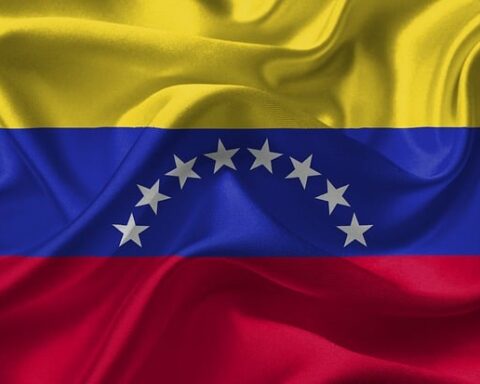According to sources familiar with the situation, Canadian Prime Minister Justin Trudeau reportedly traveled to Florida on Friday evening to meet with Donald Trump at his Mar-a-Lago club.
This meeting occurred less than a week after the U.S. president-elect issued a threat to impose substantial tariffs on imports from North American trading partners.
The potential tariffs on Canada and Mexico indicated that Trump is anxious to reopen the U.S.-Mexico-Canada Agreement, a free-trade agreement that was implemented in 2020.
Trump had repeatedly referred to the Nafta pact as the “worst trade deal ever made” due to its expansion of the U.S. trade deficit and the loss of millions of manufacturing jobs, particularly in the auto sector. The USMCA replaced the Nafta pact, which was decades old.
Donald Trump announced on Monday that he would impose a 25% tariff on all imports of products from Mexico and Canada on his Truth Social social-media platform. He accused both countries of facilitating illegal immigration and fentanyl abuse in the United States.
Trump and Mexican President Claudia Sheinbaum conversed a few days ago, and they both characterized the meeting as constructive. President Biden has expressed his dissatisfaction with Trump’s tariff strategy.
Disrupting commerce through tariffs would have extensive consequences due to the close economic ties between the United States, Canada, and Mexico.
The price of steel and aluminum in the United States is expected to increase due to tariffs, as Canada and Mexico are significant suppliers of these metals to the U.S. market. The United States also purchases nearly all of Canada’s crude.
Immediately following Trump’s pledge, Canada’s Public Safety Minister Dominic LeBlanc—the equivalent of the Secretary of Homeland Security—announced that the government would deploy additional drones, helicopters, and border agents along the 5,500-mile land border to resolve any security concerns.
Trump’s tariff pledge has disrupted Canada’s political and business establishment, which relies on duty-free access to the United States as a critical component of economic growth.
Approximately three-quarters of all Canadian exports are directed toward the United States, which accounts for more than 20% of Canada’s gross domestic product.
Economists caution that a 25% tariff on Canadian exports to the United States would precipitate a recession in the Canadian economy.
Oxford Economics, a forecasting firm, indicated this week that a 25% tariff, in conjunction with retaliatory tariffs from Canada, would result in a 2.5% decline in Canada’s GDP from its apex to its trough by early 2026.
Additionally, the tariff threat coincides with Trudeau’s efforts to preserve his political career. In certain public-opinion polls, the Liberal Party, which is currently in power, is trailing its adversary, the Conservative Party, by as much as 20 percentage points.
Pierre Poilievre, the Conservative leader and the most likely candidate to become the next prime minister of Canada, stated that the impending Trump administration regards Trudeau as a weak leader.
[READ MORE: U.S. Presses Forward With Major New Arms Deal With Israel]






